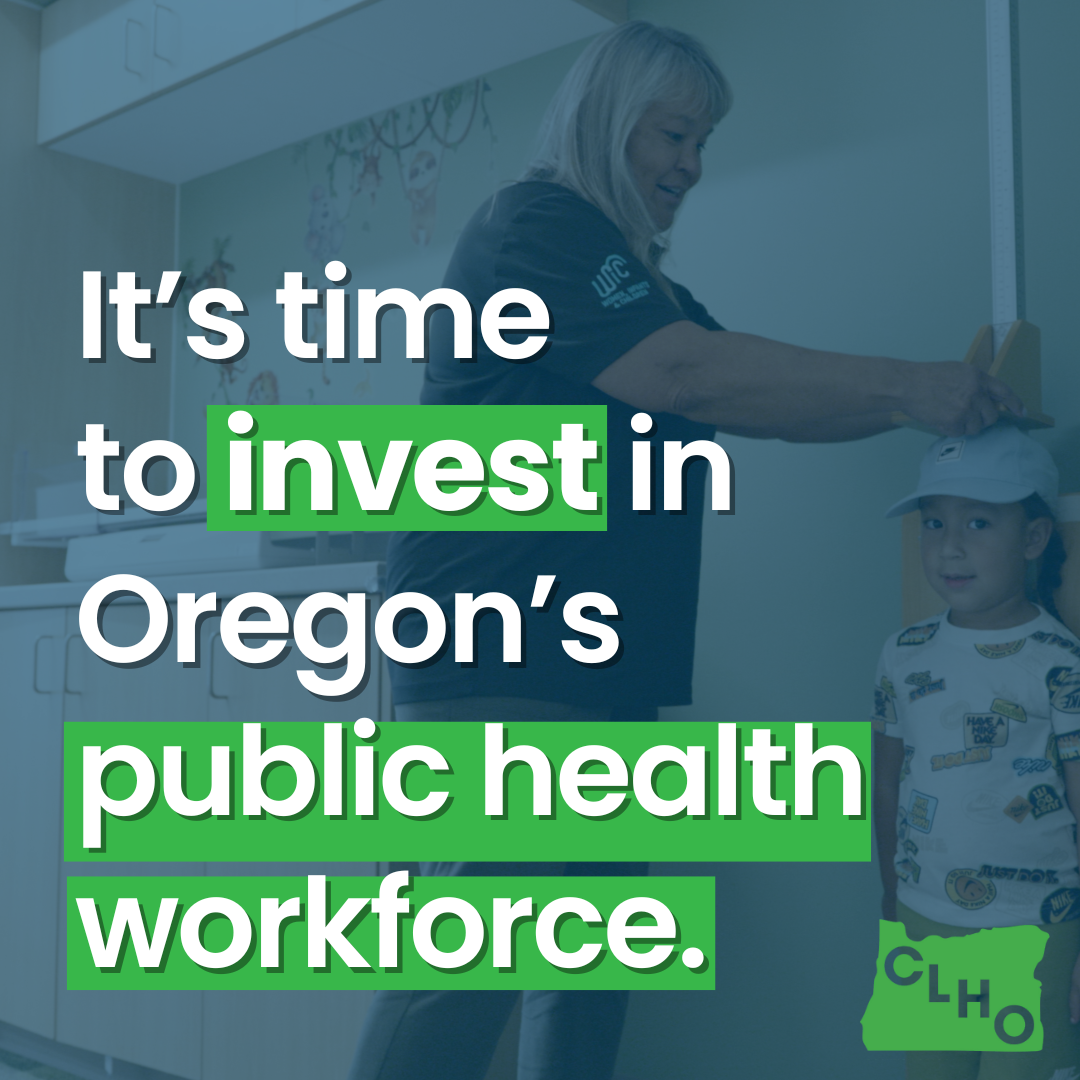Before Obamacare, many non-profit organizations were focused primarily on assisting the large number of uninsured people with healthcare needs, including prescription drugs.
The uninsured population has plummeted, but the need for charitable assistance has not gone away, as a growing number of people are insured against calamities but have such high deductibles they struggle with day-to-day healthcare costs like medications.
Portland nonprofit Project Access Now, working with charitable funding from the metro area’s nonprofit hospital systems, including Providence and Legacy, has expanded its program offering free or heavily discounted generic drugs to working-class people with high-deductible health plans.
“Pharmacy Bridge assures that people get access to the medications they need in an accessible, timely and respectful manner,” said Linda Nilsen, the executive director of Project Access Now. “This is life-saving in many cases and provides huge peace of mind to patients, which is also critical to health improvement.”
Providence Health Plan helps administer the program, which is limited to pharmacies that accept Providence insurance. Program participants pay either $4 per prescription or get their medications at no cost. The program does cover some brand-name drugs on a case-by-case basis, but not opiates or expensive biologic medications.
“Pharmaceutical access is key to assuring improved health outcomes -- the remaining uninsured and underinsured still face significant barriers to getting the medications they need,” Nilsen said. “Four in 10 Americans report the need to make financial sacrifices to get needed medications, and many low-income people go without or use less medication than prescribed because they can't afford medications.”
The program helped 15,400 people last year, and has assisted 90,000 patients since it was first implemented for uninsured people in 2008. Nilsen said the hospitals have contributed $400,000 in the past fiscal year to cover the cost of the drugs.
To qualify, a household must either be uninsured or insured through the healthcare exchange, with a household income below 300 percent of poverty. Project Access Now also helps with the cost of medications for people as they’re discharged from the hospital, regardless of insurance type.
Nilsen said the larger program could be extended to help people with high-deductible employer-sponsored plans, but it doesn’t currently. She also wishes to expand the program to senior citizens, but the Pharmacy Bridge is not currently available to people with Medicare.
Because of the steep penalty for delaying sign-up of the Medicare Part D program, some seniors do not have access to insurance for prescription drugs. Unlike Obamacare plans, Medicare D also has an annual cap on how much it will pay for prescription drugs.
About 36,000 Oregonians come up against this cap each year, prompting Sen. Ron Wyden and Sen. Jeff Merkley, both Democrats, to propose legislation lifting the cap -- a proposal that has stalled in the Republican-controlled Congress.
Rep. Rob Nosse, D-Portland, said he was not surprised that the hospitals were using their charity care dollars to help with the rise of prescription drugs. Speciality drug costs have risen 44 percent in the past two years, according to Project Access Now.
“Charity care is creeping back up and it’s going to those people with high-deductible plans,” said Nosse, a labor negotiator who sits on the House Health Committee. Nosse headed a prescription drug task force that looked at enacting price controls for high-cost medications in the 2017 session.
That effort failed, but in this year’s short session, a bipartisan group of legislators passed a law coaxing drug manufacturers to be more transparent with drug price increases, requiring them to explain rising costs to the state. The drug manufacturers’ first report to the state is due next summer.
Nosse said the rise of high-deductible plans is growing problem for all but the healthiest people, but he said policymakers hadn’t yet found a lasting solution to the problem. A legislative universal healthcare task force is exploring the issue among others and may have a set of proposals ready for the 2019 session.
Reach Chris Gray at [email protected].
Comments
High costs
- Scott Weltz discusses the factors contributing to the high cost of prescription drugs. Review more: http://www.healthcaretownhall.com/?p=7761&utm_source=twitter&utm_medium=social&utm_campaign=health%20%26%20group%20benefits#sthash.ViJDSumX.vjjCLpwU.dpbs
